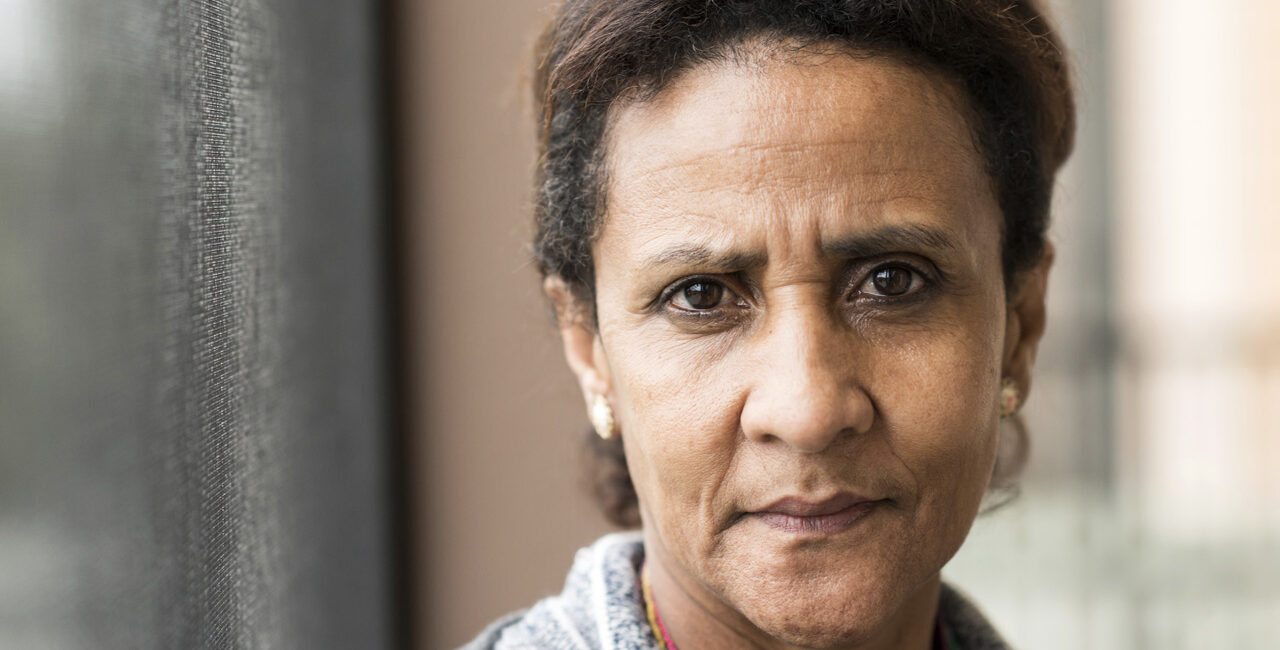We evaluated this innovative service that helps GPs in the City of London and Hackney to support people who fall through the gaps in existing service provision improves health at the same time as reducing costs in both primary and secondary care services.
The Primary Care Psychotherapy Consultation Service (PCPCS) is run by the Tavistock and Portman NHS Foundation Trust. It supports people with medically unexplained symptoms, people with personality disorders and people with chronic mental health problems. Many of the people it helps have two or more problems at the same time and many also have poor physical health.
The service offers training and support to GPs and a range of psychological therapies to patients. We evaluated the service and found that it improves the mental health of 75% of its patients and helps more than half to recover significantly. It also helps to reduce the number of GP consultations, A&E visits, outpatient appointments and hospital admissions among its patients.
The service improves health outcomes and leads to a reduction in health service use in both primary and secondary care. The financial savings from reduced service use are equivalent to about a third of the PCPCS treatment costs. The service also achieves very high satisfaction ratings among local GPs.
The video below talks about the service and what it does.
https://www.youtube.com/watch?v=M_5VxIV-f3o
Patient examples
Read this case study of a patient in the service and see how her life has been transformed:
Case study: Anna
Anna was referred because of her difficulty in coping with her multiple health problems, including diabetes, high blood pressure, a liver problem and multiple pains, particularly in her back. She also struggled with the emotional challenge of helping mentally ill family members, particularly a daughter with severe bipolar disorder who had been sectioned under the Mental Health Act.
Anna attended 13 sessions of Brief Dynamic Therapy. During the treatment, she identified how her anxiety contributed to the deterioration of her physical health. She noticed that the more stress she was under, the more pain she felt. She was able to find ways to deal with this anxiety.
She was also socially isolated and this was an area she discussed. She was happy with the possibility of joining a carer support group. She found a group she felt able to join and was very proactive in organising the paperwork needed to take part in this group.
Outcome: Her GP attendances fell from 34 in the year before treatment to none in the year after. Her depression and anxiety measures were much improved.
What you can do – Commissioning
- Commissioners should set up services in which local GPs and mental health service providers work together.
- These service should provide a range of different therapies, tailored to each person’s needs.
- They will also support GPs in consultations and offer training.



